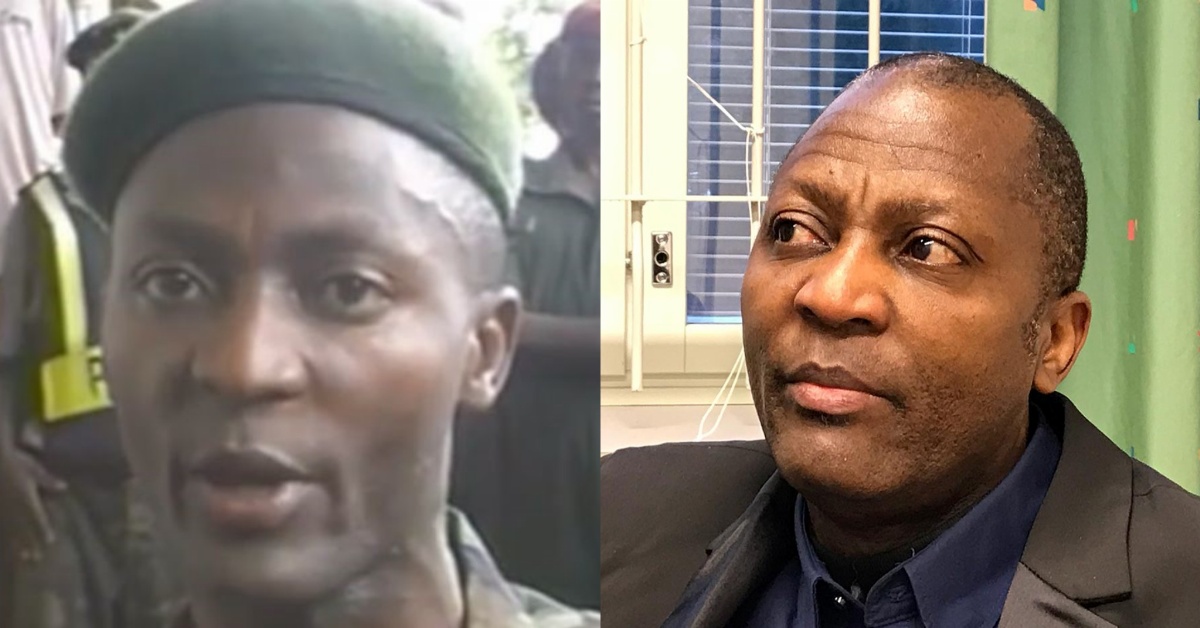Liberia Finland’s Turku Court of Appeal has concluded the second phase of hearings in of witnesses for Gibril Massaquoi, a Sierra Leonean man accused of war crimes in Liberia.
The proceedings ended on Friday, 12 May 2023 with the Court only able to hear nine of the eleven witnesses it had scheduled for this phase of the proceedings.
The two other witnesses, a policeman and civilian couldn’t travel to Liberia, because the latter is hospitalised, while the boss of the former didn’t approve his trip. The Court was forced to change its original plan of traveling to Sierra Leone, because the government there didn’t approve the trip.
The Court is back in Finland and it’s preparing to listen to final arguments from prosecution and defence lawyers, beginning June 5th as it’s expected to listen to some witnesses, including an ex-employee of the former UN-backed Special Court for Sierra Leone, who’s based in Australia.
“Our hearing of two other witnesses will be done through video recordings,” said Kimmo Vanne, the Court’s presiding judge and those hearings are scheduled for 23rd and 24th May 2023.
Massaquoi was acquitted by the Pirkanmaa District Court of Tampere of all his charges a little over a year ago, because it was unconvinced prosecutors had proven them “beyond a reasonable doubt,” did follow the proceedings from the Court by a video link under security protection.
The Appeal Court must agree with the District Court before his rights can be fully restored. His fate is expected to be sealed by the three-judge panel in September.
And if he’s looking for any reason to be hopeful that the ruling will also go his way, Massaquoi can draw that from the witnesses, who defended him and denied his involvement in the second Liberian civil war. Such an optimism can especially be drawn from all the witnesses who testified in the second phase of the trial.
“Defence 1,” the 9th of them, like the others before him, told the Court the allegations against Massaquoi were untrue. He further corroborated the testimonies of previous defence witnesses the former RUF commander headed a five-man delegation to Liberia for a peace mission.
“They were to meet the ECOWAS delegation in Monrovia,” said Defence 1. He said the importance of the travel was for the delegation “to discuss the way forward for the peace process and the release for the UN peacekeepers.”
The witness said the delegation passed through Lofa County to come to Monrovia to meet Charles Taylor, the Liberian President at the time, who was seen as the “godfather” of the RUF.
He also said another RUF soldier carried the nickname “Angel Gabriel,” not Massaquoi.
Prosecutors have alleged that in Lofa, Massaquoi did commit widespread human rights violations, including ordering the arrests of civilians, locking them up in buildings and burning them alive. They brought some witnesses from Lofa, who claimed that Massaquoi ordered his soldiers to rape and burn women on allegations of supporting rebels from the Liberians Untied for Reconciliation and Democracy, who were fighting Taylor’s forces.
Another defence witness claims Massaquoi’s innocence of war Crimes.
Another theory of the trial is that Massaquoi killed and ordered the killings of civilians and fellow captured soldiers at Waterside in Monrovia. Massaquoi and his lawyers have repeatedly denied both fronts of the charges. They’ve said he was not in Liberia during those times and that specifically in 2003, he served as an informant for UN-backedcked Special Court for Sierra Leone and was placed in a “safe house.” They argued he was under a “tight security protection,” so, there was no way he could have left the place.
The trial has been the longest of individuals prosecuted for their alleged roles in Liberia’s two civil wars between 1999 to 2003.
This story was produced in collaboration with New Narratives as part of its West Africa Justice Reporting Project.



 Post a comment
Post a comment









